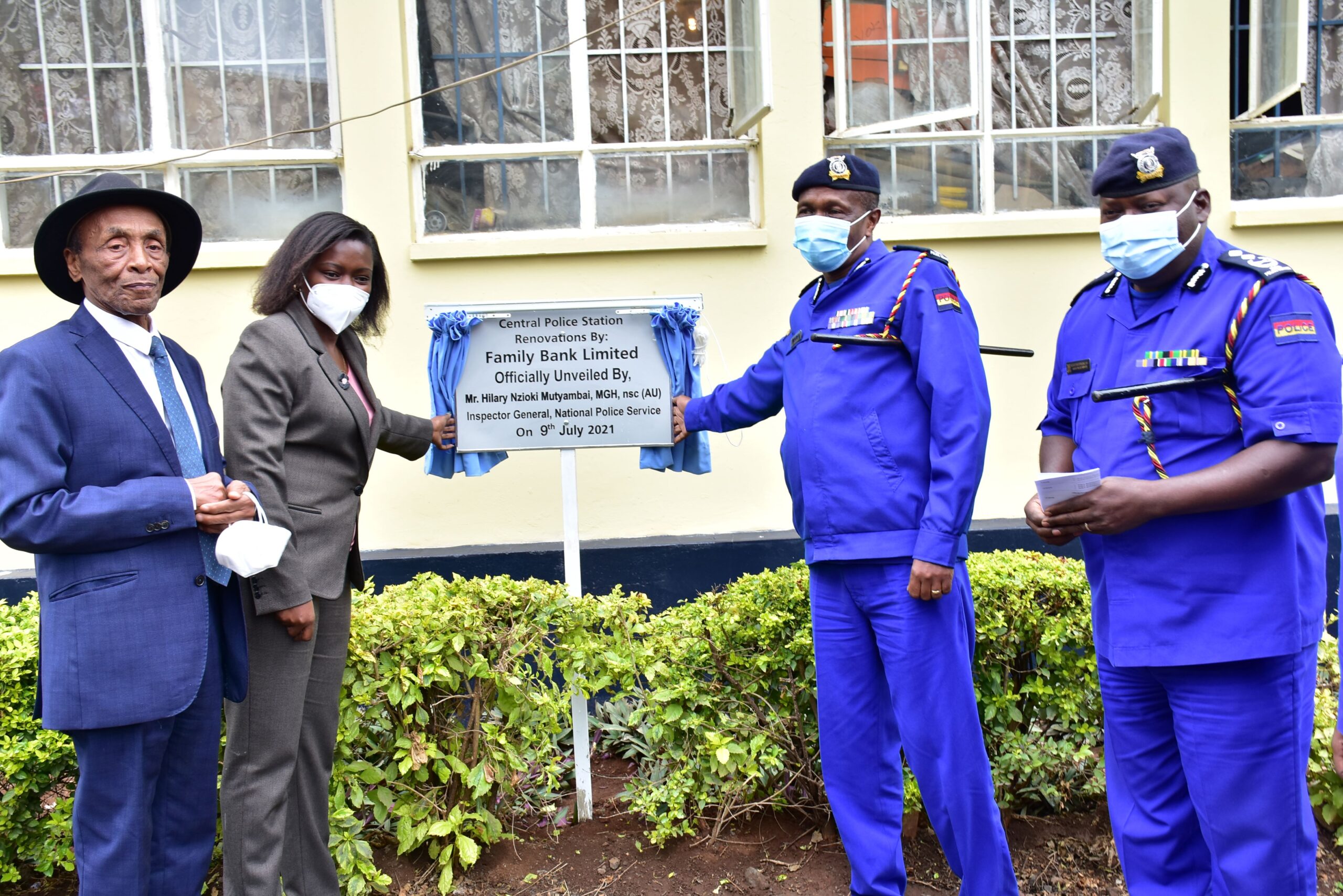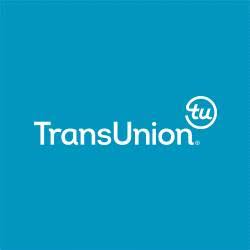Absa Bank Kenya PLC has reported a profit after tax of Kshs.10.7 billion for the half year ended 30 June 2024, a 29% increase over the same period last year, supported by strong revenue growth across all business segments.
For the six months period, and in line with its purpose of Empowering Africa’s tomorrow, together… one story at a time, the Bank continued to empower its customers’ aspirations through access to finance as well as non-financial support. Loans and advances closed at Kshs.316.3 billion, with the Bank booking Kshs. 64 billion in new gross lending to critical sectors of the economy.
In the period, total revenues rose 16% to stand at Kshs. 31.8 billion, underpinned by growth in funded income at Kshs. 23 billion. Additionally, non-funded income grew by 8.4%, reflecting both the strength of the legacy revenue streams and the robust double-digit growth from new income sources. Customer deposits increased by 6% to Kshs. 353.3 billion, reflecting the sustained confidence they have in Absa as their primary financial partner.
Speaking while releasing the results, Absa Bank Kenya PLC Managing Director and CEO, Abdi Mohamed, said the improved financial performance reflects prudence in strategy execution and the resilience of the Bank’s customers.
“This commendable outcome, realized amidst a challenging macro-economic environment, underscores the efficacy of the Bank’s growth strategy and its unwavering dedication to providing relevant financial solutions that address the diverse needs of individuals, enterprises, and communities because we want to continue being a critical enabler to their growth stories,”
Mr. Mohamed said.
In response to the current economic realities, the Bank took deliberate actions to support its customers, restructuring approximately Kshs. 1.4 billion in loans for retail consumers impacted by tough economic times. In addition, the Bank enhanced the provision of non-financial skills towards supporting the growth ambitions of MSMEs and Women in Business, impacting more than 14,000 entrepreneurs in the period.
To enhance customer value and experience, the Bank relaunched its La-Riba to offer more innovative Shariah-compliant solutions, strengthened its Wezesha Stock platform for SMEs. Additionally, it intensified infrastructure upgrades to buttress its core banking and back-office systems with Kshs. 3 billion worth of technology investments earmarked for 2024.
During the period, the Bank stepped up its sustainability efforts, expanding Environmental, Social, and Governance (ESG)-linked lending to support sustainable development, advancing Kshs. 16 billion in sustainable finance, including climate finance. An additional Kshs. 12 billion was advanced to start-ups and youth through the Timiza platform. From a community perspective, over 5000 students were impacted through the Ready to Work programme, with 67 computer labs rolled out in schools across the country, benefitting over 100,000 learners.
“In line with our strategic ambitions, we are committed to becoming a sustainable financial services company that addresses the evolving needs of a modern-day consumer through innovation and strong partnerships. Our focus is on diversifying revenue streams with scalable payment solutions, enhancing customer experience, and advancing financial inclusion through digital finance, digital savings, affordable housing, and SME offerings like Wezesha and Microinsurance,”
Mr. Mohamed added.
Furthermore, the period witnessed increased brand building initiatives, such as the launch of a new brand repositioning campaign, Your Story Matters, as well as significant sponsorships and strategic customer and stakeholder engagement initiatives such as the Magical Kenya Open Golf tournament and the Absa Kip Keino Classic athletic championship.

Other Highlights include:
Efficiency
The Bank’s statutory operating expenses increased by 12% as it continued to execute its transformational and people investments. The Bank has leveraged these investments to accelerate revenue growth, which has led to a significant improvement in cost to income ratio to 35.8% from 37% compared to the same period last year.
Impairment
Impairment marginally increased to Kshs. 5.2 billion compared to the same period last year in line with the Bank’s principles of prudence in risk management given balance sheet growth and tough operating environment. Despite this increase, the Bank’s portfolio quality remains better than the industry. In addition, the Bank has ensured an adequate coverage ratio which is also better than the industry levels to ensure future credit losses are minimized and better managed.
Capital & Liquidity
The Bank’s capital and liquidity ratios remain strong with sufficient headroom above the regulatory requirement. The Bank’s total capital adequacy ratio closed the quarter at 18.6% and liquidity reserve position at 35.2% against the regulatory limits of 14.5% and 20%, respectively.
Outlook
In closing, Mr. Mohamed stated,
“As we look to the future, we are mindful of the macroeconomic challenges ahead. However, we are well positioned for growth, leveraging our strategic prudence, enhanced digital capabilities, and the dedication of our staff to support our customers and stakeholders. We remain committed to driving meaningful transformation in our communities and making a greater contribution towards economic progress in the country.”





